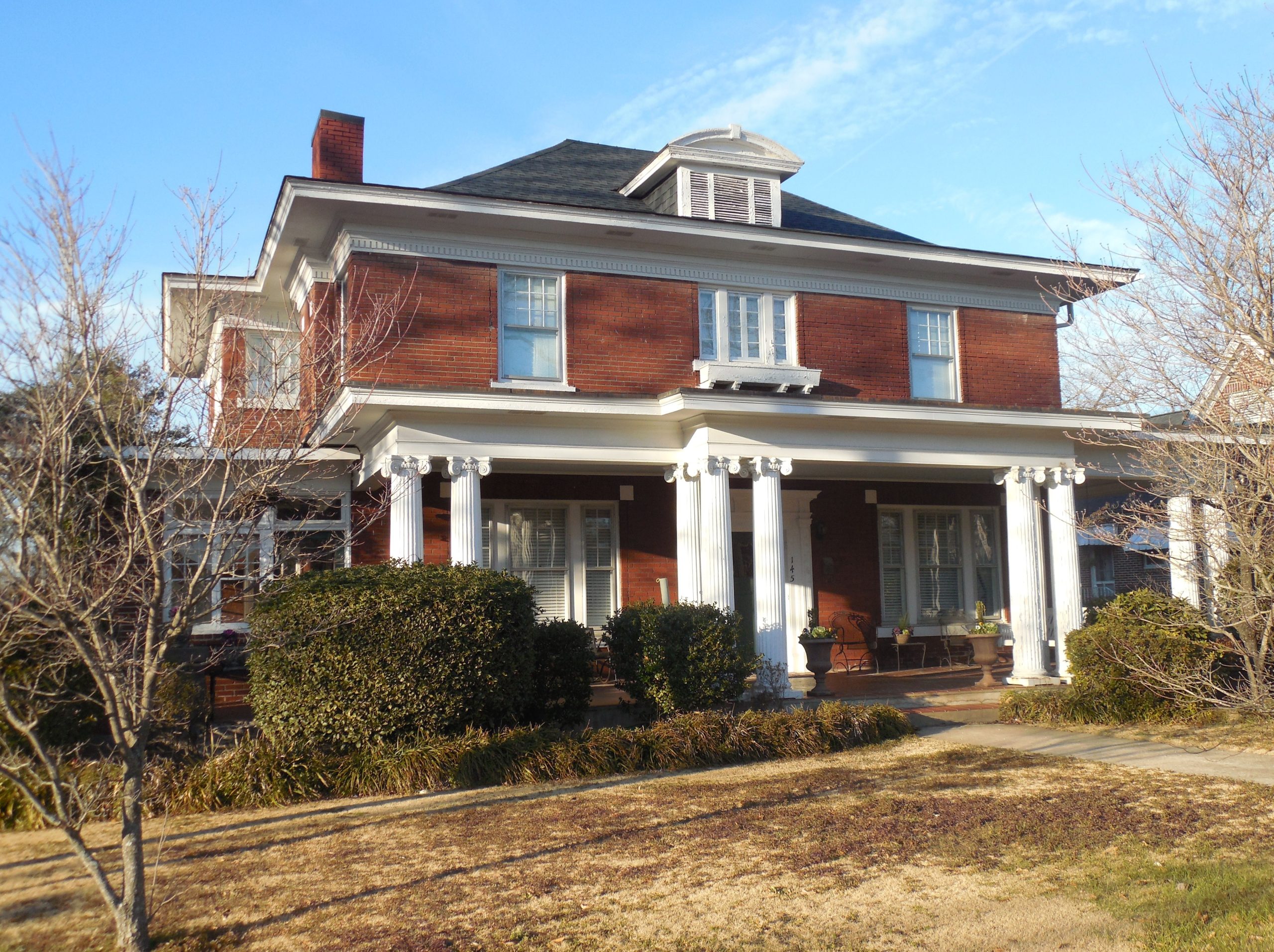 In order to recover under a homeowner’s policy, there are many requirements with which you must comply. One common requirement is providing the insurer with requested documentation and undergoing an examination under oath where the insurer can ask questions and gather information relevant to the claim. What happens if a homeowner delays undergoing an examination under oath?
In order to recover under a homeowner’s policy, there are many requirements with which you must comply. One common requirement is providing the insurer with requested documentation and undergoing an examination under oath where the insurer can ask questions and gather information relevant to the claim. What happens if a homeowner delays undergoing an examination under oath?
Jesse and Dena McCartney’s house was destroyed in a fire. They filed a claim with Shelter Mutual Insurance, who issued their homeowner’s policy. Their policy required that they cooperate with the insurer, including answering questions under oath and submitting proof of loss. The McCartneys filed a lawsuit against Shelter for refusing to pay them anything.
Shelter filed a summary judgment motion, arguing the McCartneys had not provided the required requested information and had refused to submit to an examination under oath. The McCartneys claimed they had not refused to cooperate with the investigation and had submitted documentation and recorded statements. They also claimed they had only postponed the examination under oath, not refused it. They noted Shelter had requested an examination under oath more than sixty days after the McCartneys submitted their proof of loss, which was after the time by when Shelter was required to pay them or make a settlement offer. The trial court granted Shelter’s summary judgment motion, explaining the McCartneys had voided their policy by not submitting to an examination under oath. The McCartneys filed an appeal.
Cooperation clauses in insurance policies protect insurers from fraud by allowing it to obtain relevant information about the purported loss close in time to the incident at-issue. See Johnson v. Geovera Spec. Ins. Co. If an insured violates the cooperation clause, it is considered a material breach of the insurance contract. One way to violate the cooperation clause is by refusing to provide requested documentation or submit to an examination under oath. See Hamilton v. State Farm Fire & Cas. Ins. Co.
The appellate court considered the evidence Shelter had provided in support of its summary judgment motion. This included an affidavit from the claims representative who had investigated the claim. She explained coverage questions arose during the investigation when they learned at the time of the fire, the McCartneys had been living across the street from the house that burned down. The representative also testified about letters and requests that had been sent to the McCartneys, including a request for them to have an examination under oath. A paralegal at a law firm who represented Shelter submitted an affidavit about letters from the McCartneys’ counsel requesting to postpone and reschedule the examination under oath.
The appellate court held Shelter was not entitled to summary judgment given its delay in requesting an examination under oath. Further, the McCartneys and their counsel had never refused to undergo an examination under oath; rather, they had sought to reschedule it. Shelter did not provide any evidence the McCartneys’ actions or inactions had prejudice them. Therefore, the appellate court reversed the trial court’s grant of summary judgment in favor of Shelter.
While it is important to cooperate after you have filed a claim with your homeowner’s insurer, a good attorney can advise you if your insurer is improperly claiming you have not cooperated with their investigation of your claim.
Additional Sources: Jesse and Dena McCartney v. Shelter Mutual Ins. Co.
Article Written By Berniard Law Firm
Additional Berniard Law Firm Article on Homeowners’ Insurance: Homeowners Recover Full Amount of Wood Floor Damages and Home Insurance Company is Sanctioned for Delay
 Insurance Dispute Lawyer Blog
Insurance Dispute Lawyer Blog

